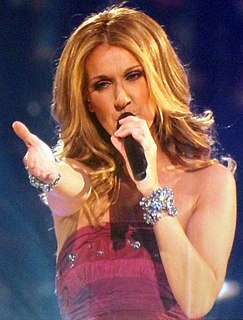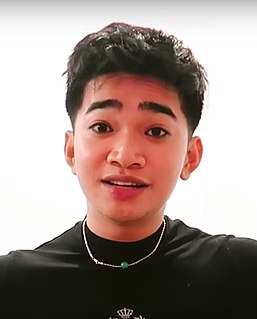A Quote by Celine Dion
I don't know if the camera likes me, but I do like the camera.
Related Quotes
The camera has a mind of its own--its own point of view. Then the human bearer of time stumbles into the camera's gaze--the camera's domain of pristine space hitherto untraversed is now contaminated by human temporality. Intrusion occurs, but the camera remains transfixed by its object. It doesn't care. The camera has no human fears.
The difference between an amateur and a professional photographer is that the amateur thinks the camera does the work. And they treat the camera with a certain amount of reverence. It is all about the kind of lens you choose, the kind of film stock you use… exactly the sort of perfection of the camera. Whereas, the professional the real professional – treats the camera with unutterable disdain. They pick up the camera and sling it aside. Because they know it’s the eye and the brain that count, not the mechanism that gets between them and the subject that counts.




































